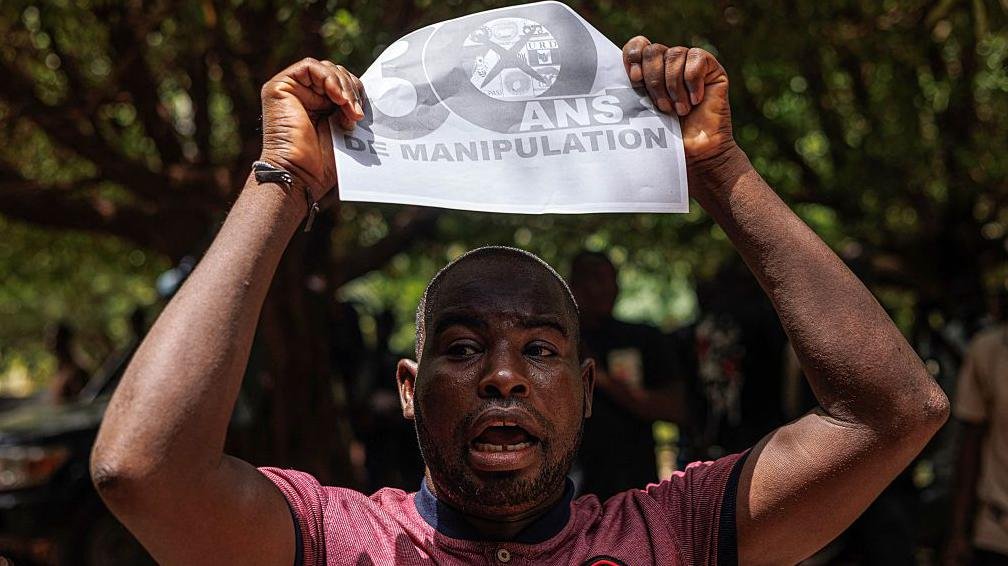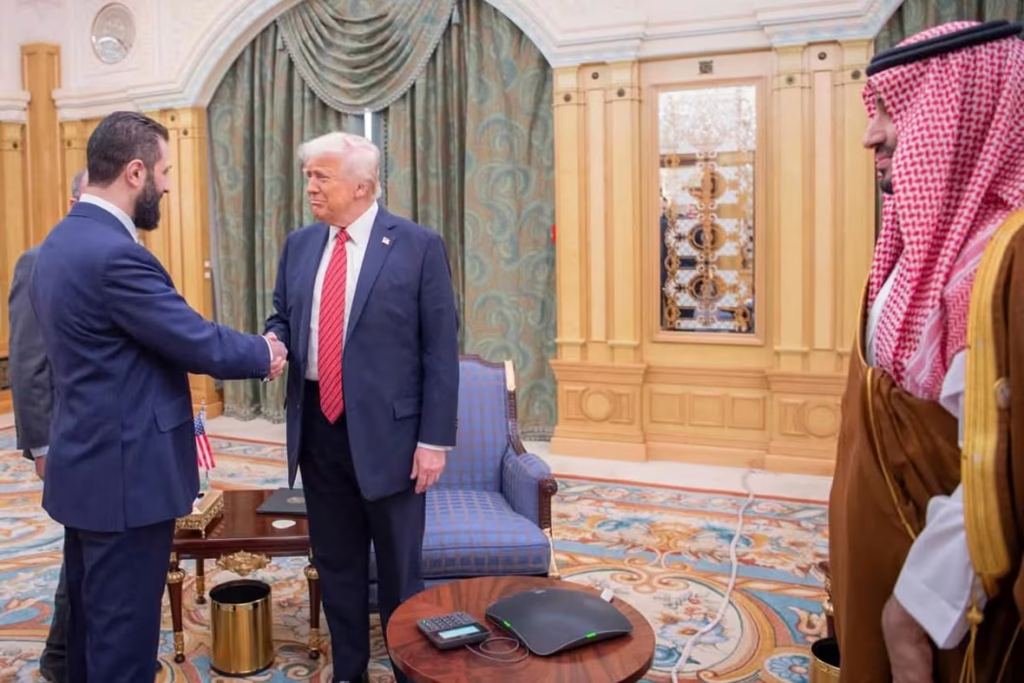Introduction
In a move that has sent shockwaves across West Africa and drawn condemnation from international observers, Mali’s military-led government announced the dissolution of all political parties on Wednesday, May 2025. This controversial decision came shortly after the arrest of several prominent opposition leaders, raising fears about the country’s democratic future.
Mali, a landlocked nation long troubled by political instability and insurgency, now appears to be taking a sharp authoritarian turn under military rule. This blog explores the unfolding crisis, the possible motives behind the junta’s actions, and the broader implications for the region and global democratic governance.
Background: A Fragile Democracy Under Siege
Mali has experienced multiple coups in recent years, the most recent being in 2021 when Colonel Assimi Goïta took power. Promising a transition back to civilian rule, the junta initially gained some popular support. However, over time, trust has eroded due to delays in elections, curtailment of freedoms, and increasing military control over civilian affairs.
On May 13, 2025, the regime took a decisive step by arresting several key opposition figures, including members of political coalitions and civil society groups who had voiced concern over the junta’s extended hold on power. Within 24 hours, the government issued a decree dissolving all political parties and associations, effectively banning political opposition in the country.
Motives Behind the Crackdown
Several motives can be inferred from the junta’s sweeping decision:
- Suppressing Dissent: The arrests and party dissolution suggest a clear strategy to silence critics and prevent organized resistance.
- Consolidation of Power: With upcoming elections previously postponed, the military appears intent on tightening its grip on all levers of government.
- Pre-emptive Action: There were rumors of growing alliances among opposition groups. The junta may have acted to pre-empt any unified challenge to its authority.
- Distraction from Security Failures: Mali continues to face threats from jihadist insurgents and ethnic violence. The regime may be using political repression to distract from its failure to restore national security.
Domestic and International Reactions
- Local Reaction: Many Malians expressed shock and fear, with some pro-democracy groups calling for civil disobedience. However, open protest remains dangerous under current conditions.
- International Condemnation: The United Nations, African Union, ECOWAS, and European Union have condemned the move, urging Mali to respect human rights and return to democratic norms.
- Sanctions Likely: With previous sanctions already in place due to election delays, this latest move could lead to tighter economic and diplomatic sanctions, further isolating Mali.
Implications for Mali and West Africa
Mali’s political crisis is part of a worrying trend of democratic backsliding in West Africa, with recent coups in Burkina Faso, Guinea, and Niger. If unchecked, Mali’s descent into authoritarianism could embolden other military regimes and weaken the region’s fragile democratic institutions.
For the people of Mali, the lack of political representation threatens long-term social unrest, economic stagnation, and international isolation. The military’s short-term control may lead to long-term instability.
Conclusion
The dissolution of political parties in Mali marks a dangerous turning point for the country’s democratic aspirations. What began as a promise to restore order has morphed into outright political repression. The international community, regional powers, and civil society must act swiftly to support Malian citizens and pressure the regime to restore political freedoms and commit to democratic elections.
Without accountability, Mali risks becoming a cautionary tale in the global struggle between democracy and authoritarianism.


